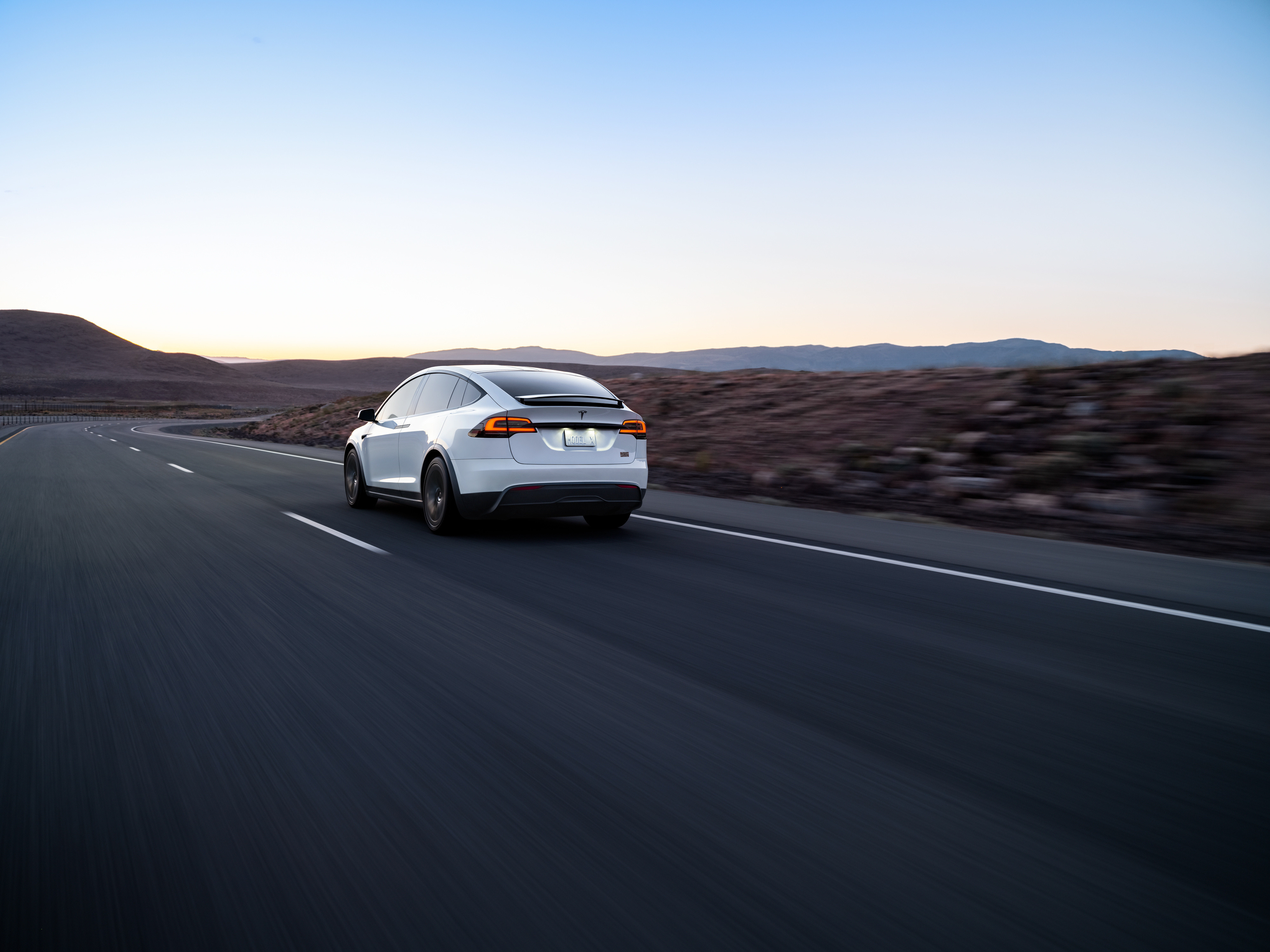What is MPGe? Everything You Need to Know
09/26/2023 / Gail Alfar
What is MPGe? Everything You Need to Know
The rise of electric cars is exciting. EVs are everywhere I look in my hometown of Austin, Texas. Teslas dominate the streets, joined by other proud EV owners, including those with the Mustang Mach-E, Rivian truck, Porsche Taycan, and more.
When you are looking to buy an electric car, you may come across the term "MPGe.” Let's look into this concept to understand what MPGe represents and why it matters.
What MPGe Represents
MPGe, short for "Miles Per Gallon of Gasoline Equivalent" or "Miles Per Gallon Equivalent," is used to compare the energy consumption of an electric vehicle to a traditional combustion engine car. The MPGe tells you the distance an EV can travel on the energy equivalent of one gallon of gasoline.
In the below example, from a Tesla Model 3, the EPA-estimated MPGe is 140 city and 124 highway. In contrast, the Toyota Camry achieves only 28 city and 39 highway MPG according to EPA estimates.
Image courtesy U.S. Dept of Energy - fueleconomy.gov
To calculate MPGe for an EV, the energy content of the vehicle's battery is compared to the energy content of a gallon of gasoline.
Here are the key factors that go into calculating MPGe for an EV:
1. Energy Consumption Rate: This is the amount of energy (usually measured in kilowatt-hours, kWh) that the electric vehicle consumes to travel a certain distance. It's the equivalent of the "miles per gallon" in traditional vehicles. In the above example, the Tesla Model 3 has an energy consumption rate of 25kWh/100 miles.
2. Efficiency of the Electric Powertrain: The efficiency of the electric powertrain determines how effectively the vehicle converts energy stored in its battery into movement. It takes into account losses that occur during charging, discharging, and transmission of energy through the powertrain.
3. Energy Density of the Battery: The energy density of the EV's battery pack is a critical factor. It represents the amount of energy that can be stored in a given volume or mass of the battery. A higher energy density allows for more range with a smaller and lighter battery.
4. Distance Traveled: The distance covered by the electric vehicle on a specific amount of energy (measured in miles or kilometers) is a central component of the calculation.
5. Conversion Factors: Conversion factors are used to relate the energy content of the battery (measured in kWh) to the energy content of a gallon of gasoline (used for the "equivalent" part of MPGe).
The formula for calculating MPGe is as follows:
MPGe = (Distance Traveled) / (Energy Consumption Rate) * (Energy Density of Gasoline) / (Energy Density of Battery)
It's important to note that MPGe is a theoretical metric and doesn't account for real-world variables like driving conditions, temperature, terrain, and driving style. Therefore, actual range and energy consumption will vary from the calculated MPGe value.
Additionally, the EPA provides standardized testing procedures for electric vehicles to determine their energy consumption and MPGe values. These tests simulate various driving conditions to provide consumers with a consistent basis for comparison between different EV models.
Keep in mind that while MPGe is useful for comparing electric vehicles to gasoline-powered vehicles in terms of energy efficiency, it's just one aspect to consider when evaluating an EV. Factors like charging infrastructure, real-world range, cost of electricity, and individual driving habits should also be taken into account when making a purchasing decision.
What MPGe does is provide a benchmark for comparing vehicles in terms of energy efficiency. Below is a chart that compares MPGe in some of the most popular EVs.
Comparative Chart of Electric Vehicle Fuel Efficiency
Vehicle | Range | Annual Fuel Cost | kWh/100 Miles | Combined MPGe |
Tesla Model 3 LR AWD 2022 | 358 miles | $550 | 26 | 131 |
Tesla Model Y LR AWD 2022 | 330 | $600 | 28 | 122 |
Rivian R1T 2022 | 314 | $1000 | 48 | 70 |
Nissan Leaf 62 kW-hr 2022 | 226 | $650 | 31 | 108 |
U.S. Dept of Energy Site accessed on 8/13/2023 see:
Model 3 https://www.fueleconomy.gov/feg/Find.do?action=sbs&id=45011
Model Y https://www.fueleconomy.gov/feg/Find.do?action=sbs&id=45018
Rivian R1T https://www.fueleconomy.gov/feg/Find.do?action=sbs&id=44462
Nissan Leaf 62 kW-hr https://www.fueleconomy.gov/feg/Find.do?action=sbs&id=44447
Are You Ready to Lease or Buy Your Electric Vehicle?
The MPGe ratings provide a picture of how far an EV can travel on the energy equivalent of one gallon of gasoline. This translates into substantial fuel savings over time.
If you're ready to minimize your fuel expenses while accelerating the transition to sustainable energy, now is a good time to explore your options.
Xcelerate is always available to help you find the best loan or lease deal, simply visit their Personal Lease Price Calculator today!
Today, in the world of transportation, we're witnessing a shift from relying on dirty fossil fuels to power our cars to harnessing clean energy from the sun and wind for electric cars.
Article by Gail Alfar for Xcelerate. Subscribe to Gail on 𝕏 at @GailAlfarATX or http://x.com/gailalfaratx
Posted in



